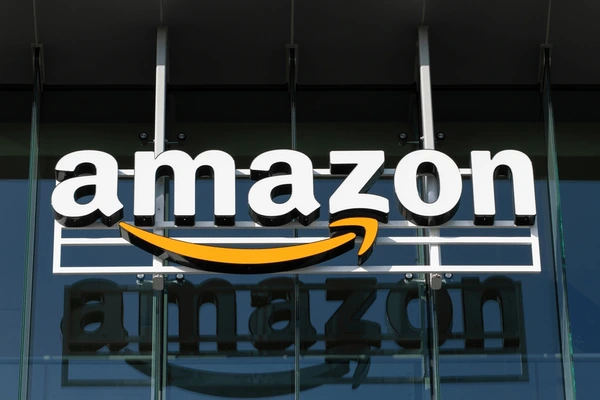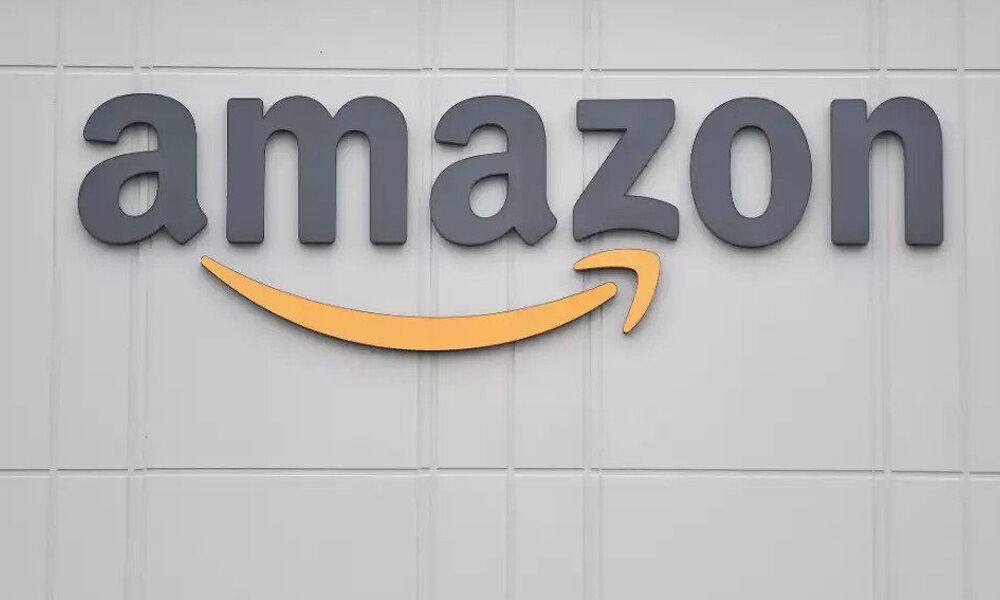As an Amazon agency, we’ve observed that success on this platform often hinges on product quality and marketability. This is where the role of Amazon agencies in product development and sourcing becomes crucial. This article will explore how agencies contribute to these critical aspects of Amazon selling.
 Market research and trend analysis
Market research and trend analysis
The primary role of an Amazon agency in product development is conducting thorough market research and trend analysis. This involves:
- Identifying market gaps – By analysing search trends, customer reviews, and competitor offerings, agencies can identify underserved niches or product categories with room for improvement. This insight is invaluable in guiding product development efforts.
- Trend forecasting – Amazon agencies often employ advanced tools and methodologies to forecast upcoming trends. This foresight allows brands to develop products that meet future demand, potentially gaining a first-mover advantage.
- Competitor analysis – Understanding competitors’ offerings, pricing strategies, and customer feedback helps develop products that outperform existing options in the market.
Product ideation and concept development
Once market opportunities are identified, Amazon agencies play a crucial role in the ideation and concept development phase:
- Brainstorming sessions – Agencies often facilitate brainstorming sessions with clients, leveraging their expertise in Amazon’s ecosystem to generate product ideas that will likely succeed on the platform.
- Feasibility studies – Agencies conduct feasibility studies to assess the potential success of a product, considering factors such as manufacturing costs, potential demand, and competitive landscape.
- Prototype development – Some Amazon agencies work closely with designers and engineers to develop product prototypes. This step is crucial in refining the product concept and identifying potential improvements before moving to full-scale production.
Sourcing strategies
Finding suitable suppliers is critical to Amazon’s product success. Here’s how agencies contribute to the sourcing process:
Supplier identification
amazon agency often have extensive networks and resources to identify potential domestic and international suppliers. By assisting clients with global sourcing, they help them navigate the complexities of the process.
Quality control measures
Agencies can establish quality control protocols to ensure that sourced products meet Amazon’s standards and customer expectations. This might involve:
- Setting up inspection processes
- Defining quality benchmarks
- Implementing testing procedures
Negotiation support
Agencies leverage their experience and market knowledge to negotiate with suppliers to secure favourable terms, pricing, and minimum order quantities.
Compliance and certification
Amazon agencies ensure that sourced products comply with relevant regulations and certifications for selling on Amazon. This includes safety standards, labelling requirements, and category-specific certifications.
Product optimisation for amazon
Developing a great product is only part of the equation. Amazon agencies also focus on optimising products specifically for the Amazon marketplace:
Packaging design – Agencies often guide packaging design, ensuring it’s attractive, compliant with Amazon’s requirements, and optimised for fulfilment.
Bundle creation – Creating strategic product bundles effectively differentiates offerings and increases average order value. Agencies identify complementary products and develop compelling bundle offerings.
Pricing strategy – Based on their understanding of Amazon’s algorithms and competitive landscape, agencies help develop pricing strategies that balance profitability with competitiveness.
The role of Amazon agencies in product development and sourcing is multifaceted and crucial for success in the competitive Amazon marketplace. From market research and trend analysis to supplier identification and product optimisation, agencies bring a wealth of expertise and resources.

